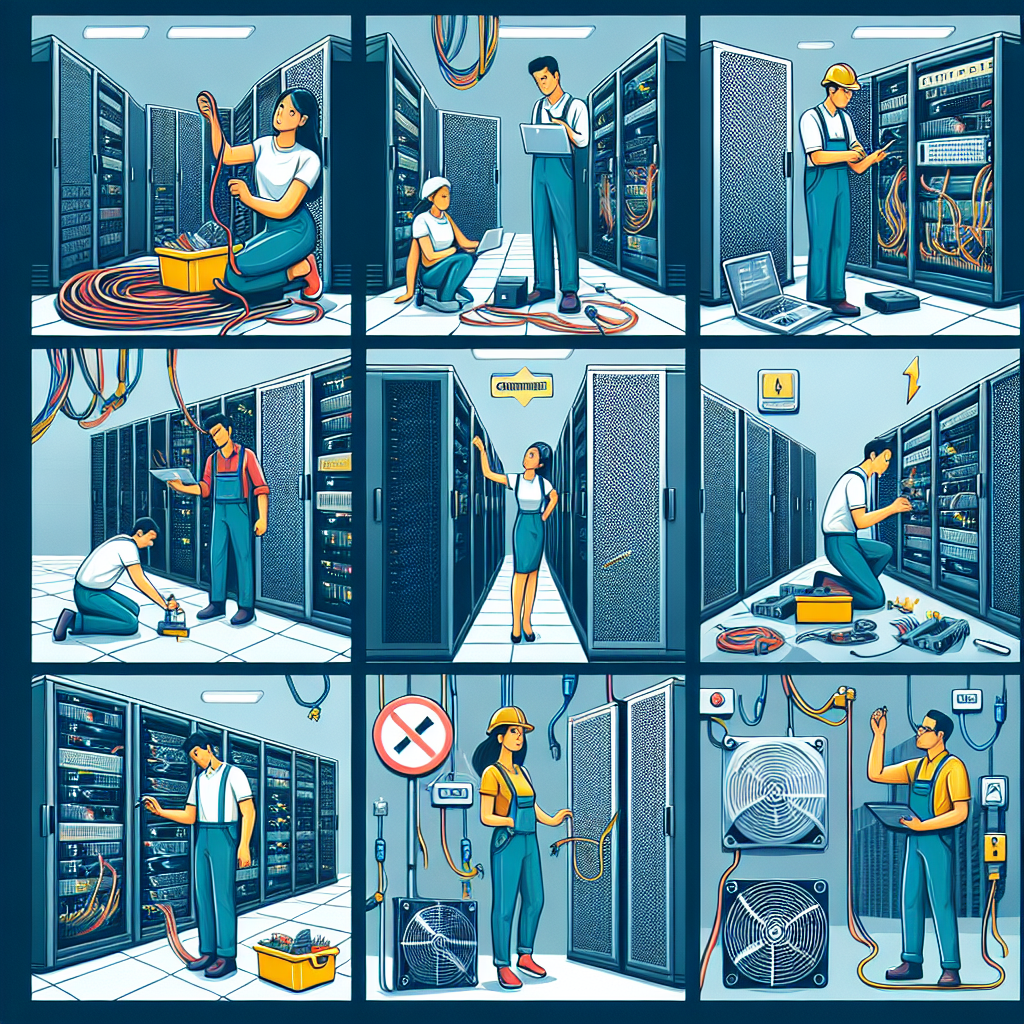Common Data Center Incidents and How to Handle Them
Data centers are critical infrastructure for businesses and organizations, housing servers, storage devices, networking equipment, and other essential components for their operations. However, like any complex system, data centers are susceptible to various incidents that can disrupt their services and compromise the integrity of the data they store. In this article, we will discuss some common data center incidents and provide tips on how to handle them effectively.
1. Power Outages: Power outages are one of the most common incidents that can impact a data center. They can be caused by utility failures, equipment malfunctions, or natural disasters. To handle a power outage effectively, data center operators should have backup power systems in place, such as uninterruptible power supplies (UPS) and generators. Regular testing and maintenance of these systems are crucial to ensure they are ready to kick in when needed.
2. Cooling System Failures: Data centers generate a significant amount of heat due to the operation of servers and other equipment. Cooling systems are essential to maintaining the optimal temperature and humidity levels in the data center. A failure in the cooling system can lead to overheating, which can damage equipment and cause downtime. To prevent cooling system failures, data center operators should regularly monitor and maintain their cooling systems, including cleaning filters, checking for leaks, and ensuring proper airflow.
3. Network Outages: Network outages can occur due to a variety of reasons, such as equipment failure, configuration errors, or cyber attacks. To handle network outages effectively, data center operators should have redundant network connections and routing protocols in place. They should also have monitoring tools to quickly identify and troubleshoot network issues. Regular network audits and security assessments can help prevent network outages caused by cyber attacks.
4. Hardware Failures: Hardware failures are inevitable in any data center environment, as components such as servers, storage devices, and networking equipment can malfunction over time. To handle hardware failures effectively, data center operators should have spare parts on hand for critical components and follow best practices for hardware maintenance, such as regular firmware updates and disk checks. Monitoring tools can help detect hardware failures early and minimize their impact on data center operations.
5. Security Breaches: Security breaches can have severe consequences for a data center, including data loss, downtime, and damage to the organization’s reputation. To handle security breaches effectively, data center operators should have robust security measures in place, such as firewalls, intrusion detection systems, and access controls. Regular security audits, penetration testing, and employee training can help identify and mitigate security vulnerabilities before they are exploited by malicious actors.
In conclusion, data center incidents are inevitable, but with proper planning, monitoring, and maintenance, their impact can be minimized. Data center operators should have contingency plans in place for various incidents, conduct regular testing and maintenance of critical systems, and stay vigilant against potential threats. By following best practices and staying proactive, data center operators can ensure the reliability and security of their data center operations.


